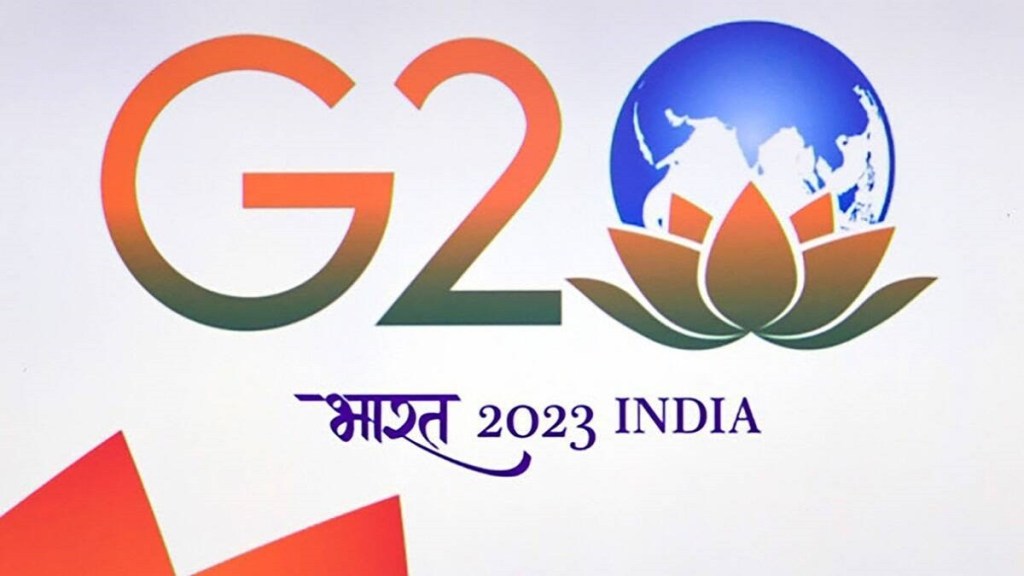The first G20 Infrastructure Working Group (IWG) under India’s G20 Presidency concluded in Pune on Tuesday with member countries unanimously agreeing on the work plan, priorities and principles in areas of urban infrastructure and building cities of the future. There were 64 members from 18 member countries, eight guest countries and eight international organisations attending the G20 IWG.
Solomon Arokiaraj, joint secretary, department of economic affairs, ministry of finance, said the five key areas they would focus on were how to make cities, sustainable, resilient & inclusive, meet financing needs of the cities, ways to attract more funding to support infrastructure and how cities would have to plan dynamically with a people-centric approach.
The Asian Development Bank (ADB) conducted a workshop on attracting private finance for urban development and showcased successful examples. They deliberated on various financial models which were successful around the globe. Apart from the government, private and multilateral funding options, various innovative financing mechanisms were looked into, he said. These included land value capture, transit-oriented development and tradable development rights.
The ADB is developing a framework for capacity building for urban and municipal government employees, Arokiaraj said. There was a need felt to attract private finance for the infrastructure development of cities and build capacities in these urban bodies to be able to handle this process of raising private funding and floating bonds.
The World Bank is partnering for coming out with a report on enablers for inclusive service delivery to provide equal access to urban services, identify barriers and how to remove it. The Organisation for Economic Co-operation and Development (OECD) would be bringing out a compilation of all case studies where financing was successfully done for government infrastructure projects across different countries and different instruments.
The second meeting of G-20 IWG is scheduled will be held in March at Vishakhapatnam, Andhra Pradesh followed by another meeting in June at Chandigarh and the final ministerial meeting in Delhi during October this year.
The Mexican Municipal Bond Model
Emerging countries could replicate the Mexican Municipal Bond Model to fund infrastructure projects in their cities. Solomon Arokiaraj, joint secretary, department of economic affairs, ministry of finance, said the Indian municipal bond market has just started to take off and it would be helpful.
The Mexican municipal bond programme where cities across Mexico raised funds by floating bonds has been successful. Initially, the Mexican government provided guarantees for the bonds but this led to a loss of discipline in the municipalities. To avoid this, they came up with a municipal finance trust model was created which guaranteed the bonds with the Trust, the Municipality and the banker getting into a tripartite agreement. It has become a successful model with all kinds of municipalities big and small being able to leverage this mechanism and raise bonds which were impressive, he said.
Around Rs 6,000 crore has been raised so far by municipal bodies in India. The DEA has been working with urban local bodies to help them prepare to tap the market. They have identified 35 municipal bodies across the country with good credit ratings and those who could go to the market. There is an action plan to enable them to go to the market, Arokiaraj said.
